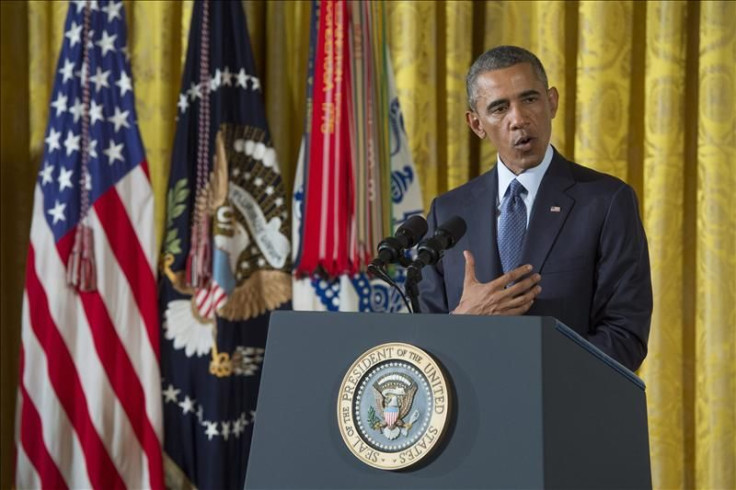
President Barack Obama announced Tuesday a significant escalation in the U.S. response to the Ebola outbreak that has killed at least 2,400 people in West Africa, which he called a "potential threat to global security." "Faced with this outbreak, the world is looking to us, the United States, and it's a responsibility that we embrace," he said during a visit to the Atlanta headquarters of the U.S. Centers for Disease Control and Prevention. "The reality is that this epidemic is going to get worse before it gets better. But right now, the world still has an opportunity to save countless lives," the president said. Responding to a request from the Liberian government, the United States will install a military command center in Monrovia - Liberia's capital - "to support civilian efforts across the region," Obama said.
The center is to be headed by Maj.-General Darryl Williams, who commands U.S. Army forces in Africa. "And our forces are going to bring their expertise in command and control, in logistics, in engineering. And our Department of Defense is better at that, our Armed Services are better at that than any organization on Earth," the president said at the CDC. The current Ebola epidemic, which began in March, affects Liberia, Guinea, Sierra Leone and Nigeria. Roughly 3,000 U.S. military personnel are expected to take part in the operation, but none of them will be directly involved in treating Ebola patients, the White House said.
A "substantial" portion of the military contingent will be deployed at a new facility in Senegal, which is so far untouched by the outbreak, press secretary Josh Earnest said. Under the plan, the Pentagon will send a team of engineers to Liberia to build 17 treatment centers, each with a 100-bed capacity, as well as medical staff to train 500 health professionals a week. The CDC has sent more than 100 professionals to the region. "Today, the United States is doing even more. But this is a global threat, and it demands a truly global response," Obama said in Atlanta. "More nations need to contribute experienced personnel, supplies, and funding that's needed, and they need to deliver on what they pledge quickly," he said.
© 2025 Latin Times. All rights reserved. Do not reproduce without permission.





